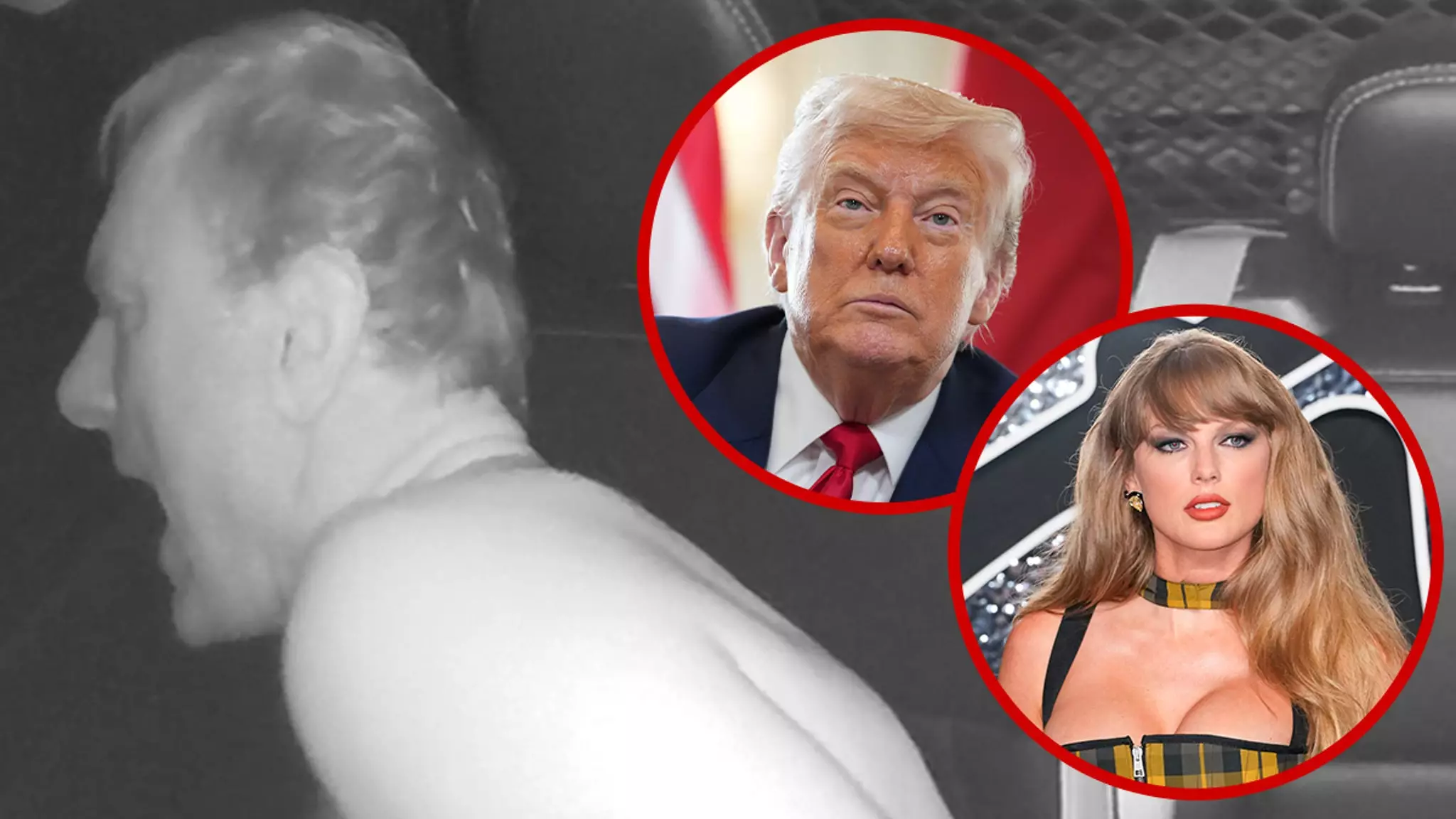In the world of politics, perception is often just as critical as policy. When private moments surface and reveal unfiltered behavior, they can swiftly derail aspirations that seemed promising. This reality has become painfully evident in the case of William “Mullins” McLeod Jr., a South Carolina attorney and aspiring gubernatorial candidate. The release of a damning police body cam video exposed far more than supposed misconduct; it laid bare the deep-seated prejudices and volatile temperament that, in recent political history, have become kryptonite for candidacies. Such instances underscore how personal failings, once hidden, can have profound repercussions on professional trajectories. As voters become more conscious of integrity and civility, political figures are held to a higher standard—one they often fail to meet, especially when misconduct is documented and disseminated.
Racial Insensitivity as an Ethical and Political Dealbreaker
What makes McLeod’s case particularly damaging is the usage of a racial slur during an episode of disorderly conduct. The casual recounting of such highly offensive language during a distressing episode demonstrates a troubling disregard for racial sensitivities and the moral fabric that contemporary society demands from its leaders. In a diverse state like South Carolina, where racial history and ongoing inequality are deeply intertwined with social and political life, the revelation of such language acts as a poison pill for any potential political campaign. It implies not only a failure of personal judgment but also raises questions about a candidate’s respect for all constituents. Racial insensitivity can be a death knell because it erodes trust, attacks the core principles of equality, and alienates a significant portion of the electorate.
The Paradox of Persona and Performance in Politics
The video also captures McLeod during a loud rant filled with nonsensical musings, juxtaposed with pop music and humorous yet inappropriate commentary about wealth, space travel, and personal ambitions. These moments reflect a broader issue: the disconnect between a candidate’s public persona and their private conduct. While charisma can sometimes mask flaws, authenticity and professionalism are increasingly paramount. McLeod’s reckless behavior reveals a lack of self-control and maturity, qualities vital for leadership. Such incidents reinforce a notion that political figures are often judged not just for what they say or do on stage but for how they conduct themselves under pressure—traits that McLeod’s recordings call into question.
Consequences Beyond the Campaign Trail
As the fallout from the video unfolds, McLeod’s political future appears bleak. His campaign is in turmoil, with his team scrambling to manage the damage and mitigate public outrage. While he claims to plan to run in 2026, the chances of mounting a credible bid after such revelations are slim. The incident serves as a stark reminder that personal integrity and respectful conduct are non-negotiable for political success in modern America. With social media amplifying every misstep, the cost of revealing one’s true character can be irreversible, especially when that character includes racist language or erratic behavior. The broader lesson for aspiring politicians is that personal conduct, when exposed, often surpasses campaign strategies in shaping public opinion, and it can make or break reputations instantly.
Reflections on Accountability and Leadership
Ultimately, McLeod’s case exemplifies the importance of accountability and self-awareness in public life. Politicians are not just representatives—they are symbols of trust and moral guidance. When they falter visibly, especially through acts of offensive language or invasive outbursts, the damage extends beyond individual reputation and impacts the community’s perception of governance. Leaders must recognize that their words and actions forge their legacy. In the modern political landscape, where transparency is prized and accountability expected, the cost of personal misconduct is higher than ever, often casting a long shadow over future ambitions.

